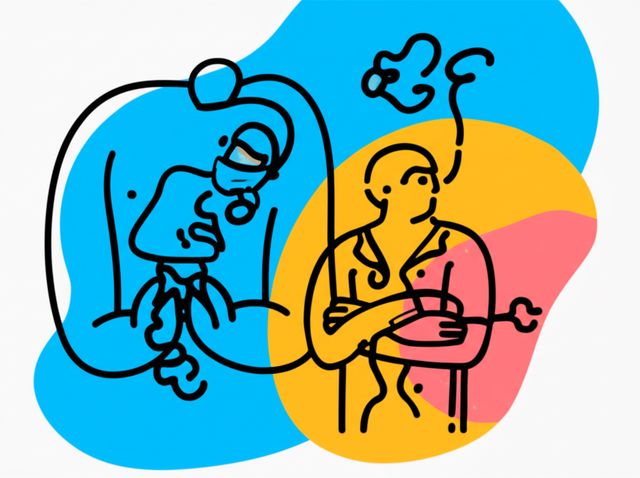Cancer Treatment
Cancer Treatment is a vast field that encompasses the diagnosis and treatment of cancerous conditions. The primary goal of cancer treatment is to eliminate or control the growth and spread of cancer cells, improve the patient's quality of life, and potentially achieve a cure. Cancer Treatment involves various modalities, including surgery, radiation therapy, chemotherapy, targeted therapy, immunotherapy, and palliative care.
Who Can Benefit from Learning Cancer Treatment?
Individuals who may benefit from learning about Cancer Treatment include:
- Medical students, residents, and fellows seeking to specialize in oncology
- Healthcare professionals such as nurses, physician assistants, and pharmacists who work with cancer patients
- Researchers and scientists involved in cancer research and drug development
- Patients and their families who want to understand their treatment options and make informed decisions
- Individuals interested in pursuing careers in cancer-related fields
Types of Cancer Treatment
There are several types of Cancer Treatment, each with its own advantages and disadvantages:
- Surgery: Surgical procedures aim to remove cancerous tissues while preserving healthy ones.
- Radiation therapy: High-energy radiation is used to kill cancer cells.
- Chemotherapy: Drugs are administered to kill cancer cells throughout the body.
- Targeted therapy: Drugs specifically target cancer cells based on their unique characteristics.
- Immunotherapy: The body's immune system is stimulated to fight cancer.
- Palliative care: Focuses on symptom management and improving the patient's quality of life.
Online Courses for Cancer Treatment
Online courses provide a convenient and flexible way to learn about Cancer Treatment. These courses offer structured content, interactive simulations, and opportunities to engage with experts in the field. Some valuable skills and knowledge you can gain from online courses include:
- Understanding the principles and mechanisms of cancer development and progression
- Familiarity with different cancer treatment modalities and their applications
- Knowledge of the latest advancements in cancer research and treatment
- Ability to evaluate and interpret clinical data and make informed treatment decisions
- Development of effective communication and patient management skills
Online courses can be a valuable supplement to traditional learning methods, allowing individuals to enhance their knowledge and stay updated with the latest developments in Cancer Treatment.
Careers in Cancer Treatment
A background in Cancer Treatment can lead to various career opportunities:
- Medical Oncologist: Physicians who specialize in the medical management of cancer patients, including chemotherapy and targeted therapy
- Radiation Oncologist: Physicians who use radiation therapy to treat cancer
- Surgical Oncologist: Surgeons who specialize in removing cancerous tissues
- Oncology Nurse: Nurses who provide specialized care to cancer patients
- Medical Physicist: Scientists who ensure the safe and effective use of radiation therapy equipment
- Cancer Researcher: Scientists who conduct research on cancer causes, prevention, and treatment
Benefits of Learning Cancer Treatment
Understanding Cancer Treatment offers several tangible benefits:
- Improved patient care and outcomes
- Enhanced job prospects in the healthcare industry
- Increased awareness of cancer prevention and early detection strategies
- Greater understanding of the challenges and advancements in cancer research
- Personal satisfaction from contributing to the fight against cancer
Projects and Activities for Learning Cancer Treatment
To further your learning in Cancer Treatment, you can engage in various projects and activities:
- Participate in online forums and discussions with other students and professionals
- Attend webinars and conferences on cancer-related topics
- Volunteer at cancer support organizations or hospitals
- Conduct research projects on specific aspects of cancer treatment
- Develop educational materials for patients and their families
Conclusion
Cancer Treatment is a complex and continuously evolving field that plays a crucial role in improving the lives of cancer patients. By understanding the principles, modalities, and advancements in Cancer Treatment, individuals can make significant contributions to patient care, research, and the overall fight against this disease. Whether you're a healthcare professional, a student, or simply interested in this topic, online courses offer a convenient and effective way to expand your knowledge and stay updated in Cancer Treatment.


